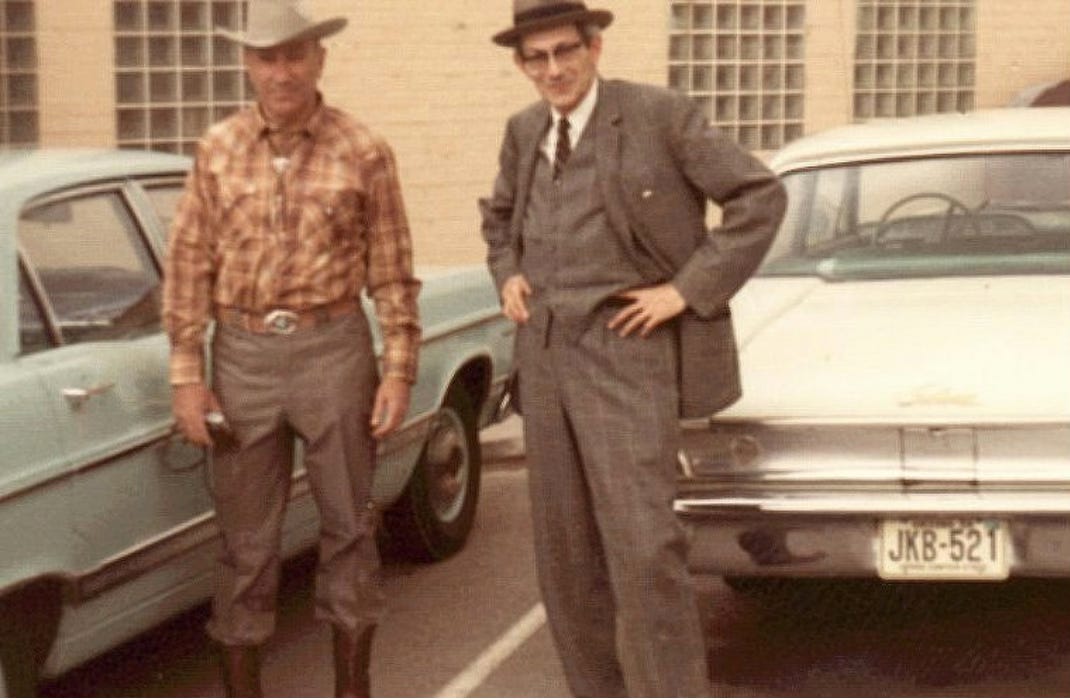SUDDENLY, “ZIONISM” IS A FIGHTING WORD. The term for the nationalist movement to build a Jewish state in Palestine has not often figured in American political debate over the half century since the U.S.Ambassador to the United Nations, Patrick Moynihan, denounced a 1975 United Nations resolution asserting that “Zionism is a form of racism.” Now Zionism has returned as epithet and issue in the 2024 election.
Anti-Zionism is “incontestably” anti-Semitic, argues Bari Weiss of the Free Press, an online news site devoted to “the ideals that were once the bedrock of American journalism.” Anyone who doesn’t support the existence of a Jewish state, she asserts, is a hater of Jewish people. “We need an exodus from Zionism,” counters Naomi Klein in the Guardian. She calls political Zionism “a deeply immoral path that now has them justifying the shredding of core commandments: thou shalt not kill. Thou shalt not steal. Thou shalt not covet.” And so, like “genocide” and “anti-Semitism,” “Zionism” is now a flash point in Jewish conversation and American politics.
This is the lexicon of a seismic political conflict. The generationally solid consensus behind Israel in the Democratic Party has fractured over Gaza. The conflation of anti-Zionism with anti-Semitism distills a potent pro-Israel Republican talking point. The issue has defenestrated two female Ivy League university presidents and prompted a third to order the massive arrest of student protesters. The result: campus demonstrations proliferating across the country—and ever more widespread debate about the meaning of Zionism.
Nowhere is the story of Zionism in America more influential, and less well known, than that of the Central Intelligence Agency. As the siege of Gaza continues with U.S. supplying the bombs and the bullets for Israeli forces, the CIA is deeply implicated in the war, providing intelligence on Hamas leadership and taking the lead in the hostage negotiations. (Prior to Oct. 7, the CIA relied on Israel for intelligence on Hamas.)
At the same the agency has also shown its independence from Israeli state narratives. U.S. intelligence analysts agree Prime Minister Bibi Netanyahul will fail to eliminate Hamas as a fighting force. The brutal siege, now in its sixth month, will likely generate future generations of people willing to take violent action against the United States, say U.S. intelligence analysts.
The agency has taken stands at odds with Israeli leadership, most notably on the Iran-nuclear deal negotiated by President Obama, with the help of senior State Department official Bill Burns—who is now CIA director. Despite vehement opposition from Israeli leaders, the CIA consistently affirmed that the 2015 Joint Comprehensive Plan of Action effectively restrained Iran’s nuclear ambitions and advanced U.S. interests. Under pressure from then-President Trump and the Israel lobby to change the agency’s position, even a pliant CIA director Gina Haspel refused. Unlike many institutions, the CIA was not swayed by hardline Zionist pressure.
Yet it is also true that the CIA was influenced by Zionism from its very inception, and this influence was decisive in enabling the Zionist state to expand and dominate the Middle East.
The Ghost
The story begins with James Angleton, a deceased CIA spymaster celebrated in popular fiction and Hollywood film. His name is less noticeably carved in a stone planted unobtrusively on a garden path winding through a park overlooking the Old City of Jerusalem.
“In memory of a true friend James (Jim) Angleton (1917-1987),” reads the carved inscription in English, Hebrew, and Arabic.
Meir Amit, chief of Mossad, left, with James Angleton, CIA counterintelligence chief, right. (Credit: Israel Intelligence Heritage and Commemoration Center)
I was directed to this modest memorial by Efraim Halevy, a longtime friend of Angleton’s who served as the chief of Mossad in the late 1990s. In 2015 and 2016 I interviewed Halevy at his apartment in the northern suburbs of Tel Aviv for my biography of Angleton, The Ghost.
With a combination of candor and tact, Halevy told me about Angleton and his Jewish friends who knit together U.S.and Israeli intelligence services in the 1950s. Their bond grew into the strategic alliance between the United States and Israel, which has been tested many times over the years, and now again by the Oct. 7 attack.
Angleton was a protean spook, a multilingual literary critic trained in the black arts of espionage and false flag operations. His career traced the CIA’s ascent after World War II. He was famously duped by Soviet spy Kim Philby, launched the notorious MKULTRA mind control program, hunted for KGB moles, exposed communists, plotted assassinations, and influenced wars. When his illicit domestic surveillance program was exposed by the New York Times in 1974, he fell from power and was disgraced.
Yet Angleton still impressed. He was “very British in cut and manner,” said Joseph Persico, a historian who interviewed him in retirement. “A collection of angles. … Clearly impatient with stupidity. Tall and cadaverous. … the most sinister man I have ever seen.”


